Inclusive Design Research Centre
International community of Open Source developers, designers and researchers
Video recording and summary from the LTW 25 Fringe Event.

As promised, here is a recording of the panel discussion, along with content like the transcript, event summary and our own unique take on what we learnt.
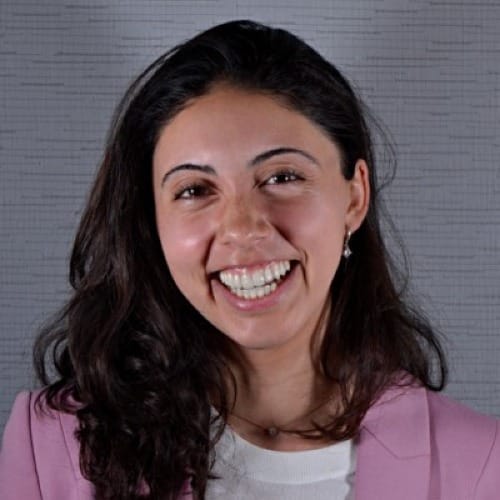
Coté Auil is a disability advocate with a background in neuroscience and health tech strategy. She’s currently researching investment barriers in the UK and advising health data ventures on impact and scale.
Global Disability Innovation Hub
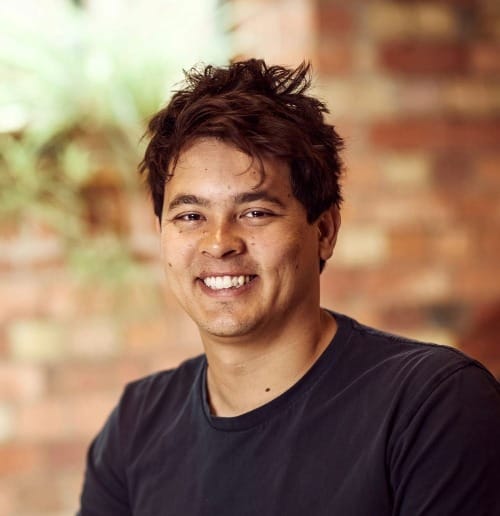
Matt is the founder of Sociability, which helps disabled people find accessible places and provides personalised accessibility information you can rely on.
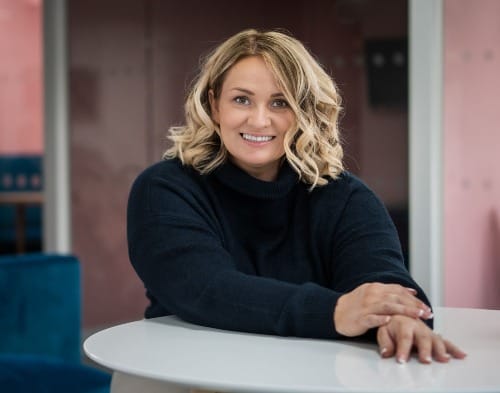
Sophie Mason is the neurodivergent and disabled founder of ThinkEDI - the AI-powered business informatics system transforming HR and inclusion by helping organisations do better for their people, their culture, and their bottom line.

The founder of Unrest, supporting purpose-driven startups and helping founders tell their stories in ways that resonate with investors.
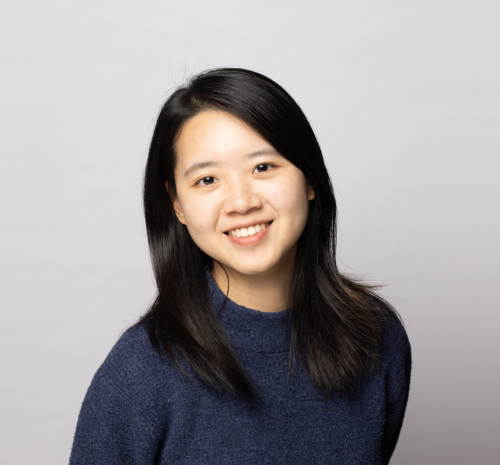
Yijuan Li is a neurodivergent design researcher, educator and founder developing an IoT solution that helps ADHD professionals focus better, proving that participatory design can power both profit and inclusion.
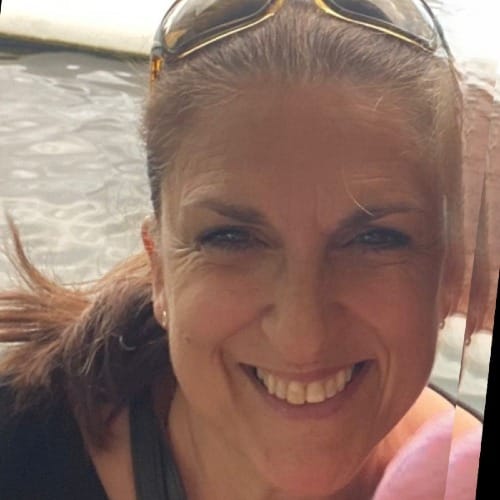
Kathy is a Portfolio Manager at Social Tech Trust and has had plenty of experience in helping early stage ventures to grow. She works closely with the ventures the Trust invests in, as well as with collaborative partners, helping the Trust to maximise the social impact achieved with its investments -
Katherine Marcham - Greater Oxford Area | Professional Profile | LinkedIn
The panellists shared their experiences as founders in the disability tech space, discussing challenges in accessing funding and the need for more inclusive investment practices. The conversation concluded with discussions about building a more supportive ecosystem for disabled entrepreneurs, including the importance of representation, accessibility improvements, and structural changes in the investment landscape.
The meeting introduced Tech for Disability, a thematic group within Tech London Advocates, discussing its role in promoting inclusive innovation and its potential expansion to become part of Global Tech Advocates. Russ Shaw, the founder of the network, highlighted the significance of the event during London Tech Week and expressed interest in collaborating to turn the UK group into a global initiative. Coté, a researcher at the Global Disability Innovation Hub, outlined the challenges faced by disability-focused startups, emphasizing the need for shifts in funding structures and storytelling to support inclusive innovation. The panellists, including Matt from Sociability, Sophie from ThinkEDI, Yijuan from Sounteract, and Orr, shared their perspectives and experiences in the disability tech space, focusing on addressing systemic barriers and fostering a more inclusive ecosystem.
The meeting focused on the experiences of founders in accessing funding for disability-focused tech ventures. Matt discussed challenges in pitching a data platform for accessibility, including questions about market size, profitability, and business model validity. Sophie shared her journey as a neurodivergent founder, highlighting issues like limited funding for disabled entrepreneurs and suggestions to downplay her disabilities in pitches. Both speakers emphasized the need for investors to view their ventures as opportunities for both social impact and financial returns. Yijuan, a newer founder, briefly introduced her company but did not elaborate on funding experiences.
Yijuan discussed her startup's fundraising strategies, including pitch competitions and crowdfunding, while emphasizing the importance of community building and participatory design. Orr explained Unrest's support for entrepreneurs, highlighting the need to match founders with suitable investors based on return profiles and educating them on effective communication. Kathy shared insights from her work with social impact ventures, emphasizing the challenges faced by impact founders and the importance of clear storytelling to excite investors.
Kathy Marcham emphasized the importance of clearly articulating market potential and commercial viability to attract investors, highlighting the need for quantifiable impact metrics and scalable business models. Orr shared insights from their impact investor initiative, noting that while impact is crucial, investors primarily seek financial returns, with the emphasis on quantifiable impact increasing at later funding stages. Sophie discussed the lack of accessible accelerator programs for disabled entrepreneurs in Wales, suggesting that improving access to work and entrepreneurial support could benefit both individuals and the economy.
Sophie discussed accessibility issues in colour contrast adjustments. Yijuan proposed creating a platform to consolidate resources for inclusive design and accessibility in accelerators and incubators, while Matt emphasized the importance of practical advice from experienced entrepreneurs in accelerators and the value of expertise and support in early-stage ventures.
The group discussed strategies to increase awareness of disability and neurodivergence needs among funders and accelerator programs. Kathy emphasized the importance of having lived experience representation on funding teams, as this can change what is considered fundable and improve inclusive innovation. She also highlighted the need for flexible, co-designed accelerator programs that consider accessibility and additional costs for disabled founders. The discussion touched on the importance of long-term, flexible funding for ventures challenging systems, as returns may not be immediate.
The meeting focused on disability representation and support in the tech ecosystem. Sophie emphasised the importance of open conversations about disabilities and the need to move away from cancel culture. Orr discussed ways to encourage more investors to support disability tech, including increasing diversity among investors and professionals in venture capital. The group agreed on the importance of building an inclusive ecosystem and supporting disabled entrepreneurs.
The discussion focused on challenges faced by founders in securing investment, particularly in underrepresented markets. Orr highlighted the need for more allocators who understand these markets from a first-person perspective, and emphasized the importance of demonstrating market size and a founder's ability to extract value. Matt suggested that increasing investor accountability could drive greater engagement and encourage more critical investment decisions. The conversation also touched on the need for structural shifts in the investment landscape to support diverse founders and the importance of credibility in securing investment.
The panel discussed impact investing and successful examples of founders with diverse backgrounds. Orr shared success stories, including Next 10, an app that detects neurodegenerative diseases and has secured corporate relationships with major players like Bupa and the NHS. Kathy Marcham highlighted Open Bionics, a company that creates superhero-inspired prosthetics for young amputees, emphasizing the importance of lived experience and co-design. Yijuan, a founder who hasn't yet achieved profitability, stressed the importance of belief in oneself and setting ambitious goals. The panellists agreed on the value of confidence, clear problem-solving, and building a strong advisory board for founders.
Please note: This AI-generated content may be inaccurate or misleading. Always check for accuracy.